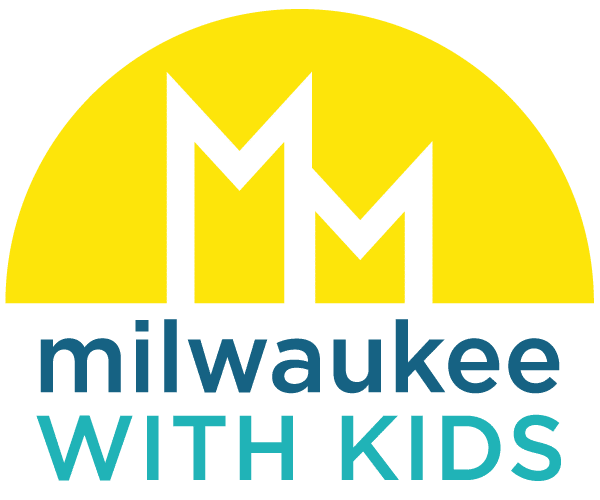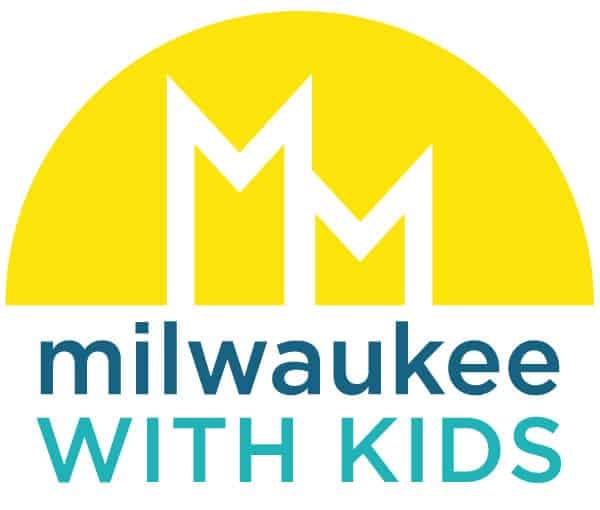
Health officials are saying that the spread of Coronavirus in the U.S. is a matter of “when” not “if”, so here are some things you can do *before* a COVID-19 outbreak arrives in Milwaukee.
1. Manage your expectations.
A COVID-19 outbreak could last for a long time. Depending on the severity of the outbreak, public health officials may recommend community actions like school closures and self-quarantines.
2. Create a household plan.
- Meet with household members, other relatives, and friends to discuss what to do if a COVID-19 outbreak occurs in your community and what the needs of each person will be.
- Plan ways to care for those who might be at greater risk for serious complications, including older adults and people who have underlying chronic medical conditions.
- If your neighborhood has a website or social media page, consider joining it to maintain access to neighbors, information, and resources.
- Choose a room in your home that can be used to separate sick household members from those who are healthy. Identify a separate bathroom for the sick person to use, if possible. Plan to clean these rooms, as needed, when someone is sick. Learn how to care for someone with COVID-19 at home
3. Practice everyday preventive actions now.
Remind everyone in your household of the importance of practicing everyday preventive actions that can help prevent the spread of respiratory illnesses:
- Avoid close contact with people who are sick.
- Stay home when you are sick, except to get medical care.
- Cover your coughs and sneezes with a tissue.
- Clean frequently touched surfaces and objects daily (e.g., tables, countertops, light switches, doorknobs, and cabinet handles) using a regular household detergent and water.
4. Learn about the emergency operations plan at your child’s school or childcare facility.
During a COVID-19 outbreak in your community, local public health officials may recommend temporary school dismissals to help slow the spread of illness. School authorities also may decide to dismiss a school if too many students or staff are absent. Understand the plan for continuing education and social services (such as student meal programs) during school dismissals.
5. Learn about your employer’s emergency operations plan.
Discuss sick-leave policies and telework options for workers who are sick or who need to stay home to care for sick household members. Learn how businesses and employers can plan for and respond to COVID-19.
6. Stay informed about the local COVID-19 situation.
Get up-to-date information about local COVID-19 activity from public health officials. Be aware of temporary school dismissals in your area, as this may affect your household’s daily routine.
7. Prepare for staying home.
Get that craft cabinet organized! And, if you would like access to online educational activities, check out ABCmouse.com. They are offering a free 30 day trial.
Calie Herbst, Editor-in-Chief of Milwaukee With Kids, has spent over a decade combining her experiences as a parent of three to create a hub for Milwaukee’s family adventures.
Her decade-long teaching career in Milwaukee Public Schools and academic background, including a Master’s in Teaching from Marquette University and dual B.A.s in Sociology and Spanish from the University of Wisconsin – Madison, fuel her passion for inclusive and engaging family content.
Calie is also a recognized voice in local media, contributing to WISN Channel 12 News, WTMJ Wisconsin Morning News, Fox 6’s Real Milwaukee, and B93.3.
Discover more about Calie’s journey and editorial approach on her About Page and Editorial Policy Page.









